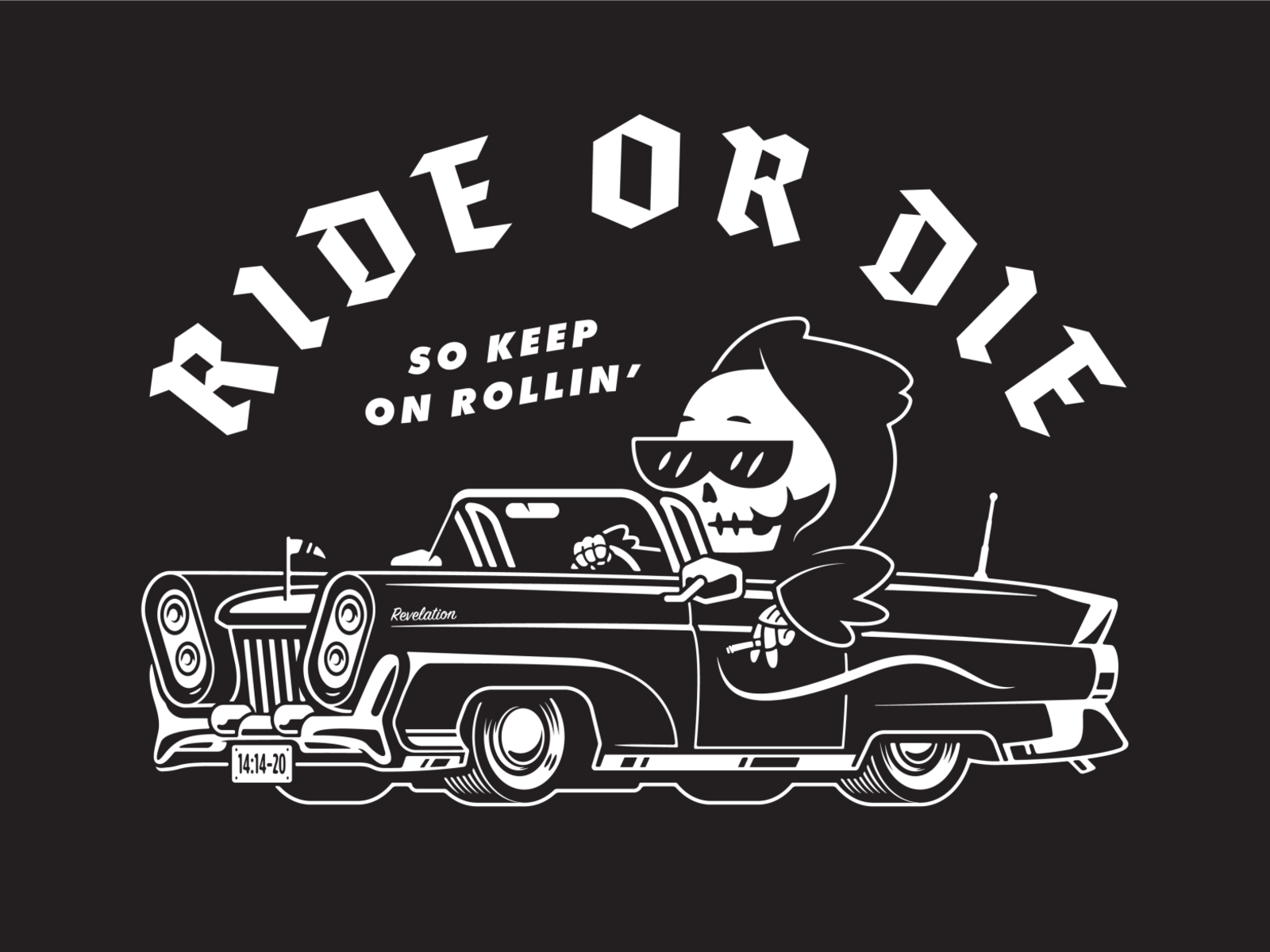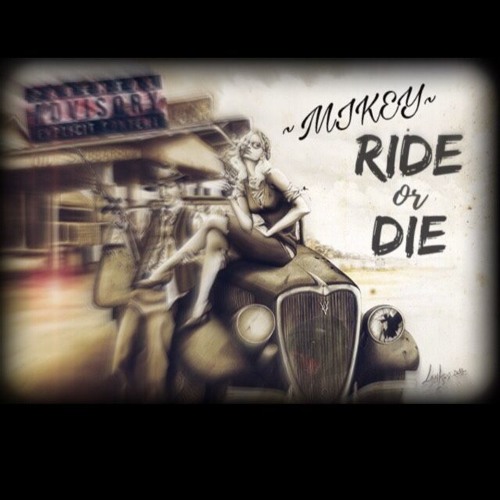
In the “You’re all I Need” by Method Man and Mary J Blige, the two talk about their fatal attraction. We are unsure who coined the term, but the origins can be traced back through songs. The “ride or die” female archetype commonly seen in hip-hop is constantly sought out due to her loyalty and a high tolerance for abuse. It’s so commonplace that we have internalized these messages.

There are countless media sources that use misogynoir as a vehicle to justify violence against black femmes.

The older I get, I become more concerned about the ways black women are mistreated and how it’s normalized. It fosters a culture that normalizes mistreatment of black women in romantic relationships, where their bodies are in the crossfire of an anti-femme and anti-black climate. While at first, it may seem charming to be a woman who fits this archetype, this character often seen in hip hop has its consequences. She was an ideal that many sought out or would strive to become. She was fly, loyal, and would never snitch.

This was played a lot during my childhood along with countless other songs that I remember with this recurring theme of “the ride or die.” The woman who always had your back. “All I need in this life of sin is me and my girlfriend,” raps a young Jay-z in the 2003 hit “03 Bonnie and Clyde.” Beyonce sings the hook and goes on to talk about the things she would do to prove her unwavering loyalty. The “ride or die” script is not a positive role to play and we should be wary of this trope.


 0 kommentar(er)
0 kommentar(er)
